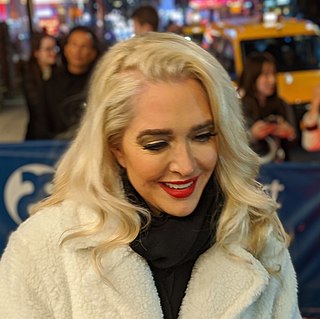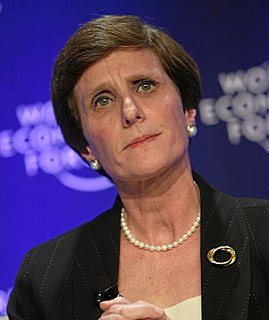A Quote by Audra McDonald
I grew up in a nonprofit theater company in the heartland of central California, so I am very aware of the importance that company had not only on my life but my community.
Related Quotes
My first time acting for camera really was for Steven Spielberg in War Horse. I was trained in theater and I was actually working in theater at the time. I had a small role with the Royal Shakespeare Company, which is a huge prestigious theater company back in England. I honestly thought that was as good as it got.
At Travelers, we were much more opportunistic. It was very successful, but it wasn't an integrated financial services company. We had a property casualty company, a life company, a brokerage company. We were a financial conglomerate. It wasn't a unified, coordinated strategy of any sort. When it merged with Citi, that became a big issue; Citi, at that time, wasn't yet a fully integrated, coordinated company.
I am aware that I am very old now; but I am also aware that I have never been so young as I am now, in spirit, since I was fourteen and entertained Jim Wolf with the wasps. I am only able to perceive that I am old by a mental process; I am altogether unable to feel old in spirit. It is a pity, too, for my lapses from gravity must surely often be a reproach to me. When I am in the company of very young people I always feel that I am one of them, and they probably privately resent it.
My parents had an independent theater company here in Sweden during the 1980s, so I was raised watching my parents create independently, having a lot of fun and just doing what they wanted to do. I think that idea of independence as an artist was something I was always used to. And then I entered the industry from a very commercial perspective, and things were very different then from what I grew up with.
I remember watching Swan Lake and everybody looking exactly the same, but being able to relate because they were the only company I had ever seen even on video that had Asian dancers. The Asian community in Hawaii is actually almost as dominant as the Caucasian community. I thought "I can relate to that company because they look like people that I see every day." They weren't all little stick-thin Russian ballerinas.




































